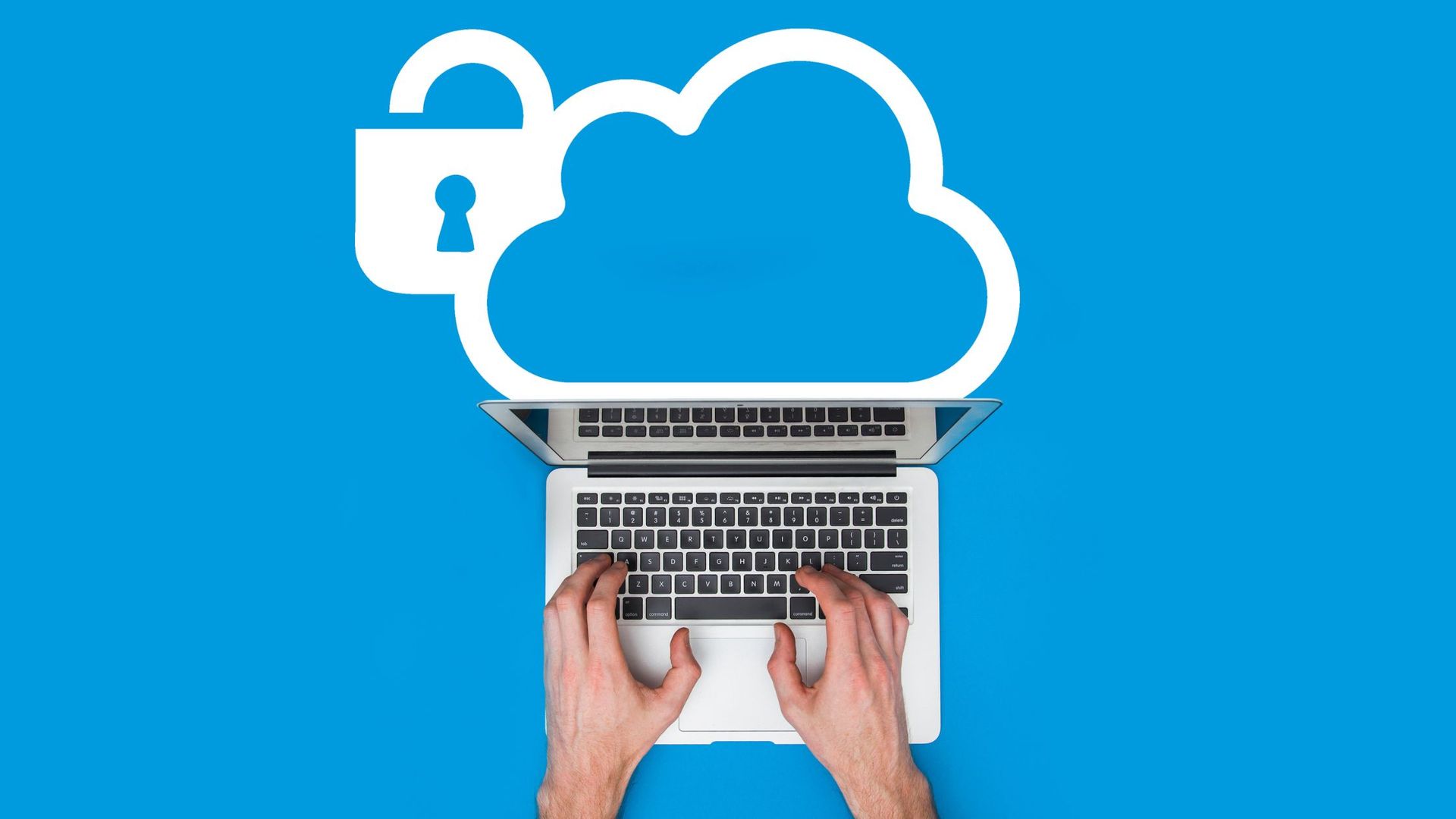Ditch your Landline and Embrace the Future: Exploring the Pros and Cons of VOIP
Ditch your Landline and Embrace the Future: Exploring the Pros and Cons of VOIP
Hey Essex County! Are you tired of tangled wires, towering phone bills, and inflexible communication setups? You should be. Communication technology is ever evolving, and VoIP (Voice over Internet Protocol) has changed the way we communicate. This innovative technology offers a versatile and cost-effective alternative to traditional telephone systems. But before
you eighty-six your landlines use this guide to get a better understanding of the advantages and disadvantages of VoIP and all the communication solutions it offers.
Advantages:
- Cost Savings: Traditional landlines often come with a high price tag: hardware fees, set up costs, maintenance fees and then a sky-high phone bill. VoIP uses existing internet infrastructure which greatly reduces the hardware and installation cost and since VoIP calls travel over the internet they are significantly cheaper than using traditional landlines, even more so for international calls.
- Mobility: Free yourself! No longer be restricted by the location of the phone jack or the length of wire available. VoIP empowers you to make and receive calls from any device with a good internet connection – your PC, smartphone, or even a tablet. This is super beneficial for businesses with remote locations or distributed teams. VoIP allows employees to stay connected regardless of their physical location.
- Features Galore: Forget the oh so basic call forwarding on landlines. One of VoIP’s biggest selling points is that it is a features goldmine. Video conferencing, call recording, auto attendants, instant messaging and integrations with other business tools are a mere few of the options available to you.
- Scalability on Demand: Growing business? No problem. VoIP systems are super adaptable, you can easily add or take away lines and features to fit your needs, without extensive infrastructural changes.
- Crystal Clear Communication: No more crackly calls. Due to the wonder that is digital technology, VoIP often offers superior audio quality and clarity when compared to traditional landlines.
Disadvantages:
- Reliance on Internet Connection: No internet? No phone. VoIP relies heavily on a stable and strong internet connection. You can experience choppy calls if your internet falters. Areas with connectivity issues may experience disruptions or even a loss of communication.
- Power Outages: Even the strongest internet connection is useless without power. While traditional phonelines rely on independent infrastructure VoIP systems cannot work without a consistent power supply. To ensure uninterrupted communication in cases of emergencies businesses should have a back-up power solution.
- Security Concerns: VoIP systems work online which makes it vulnerable to cybersecurity threats. When choosing a provider ensure that they boast of robust security systems and data encryption.
- Tech-Savvy Savvy: VoIP is very user-friendly, however persons who are used to the traditional phone setup may require a bit of training during the setup stage. Be sure to choose a provider that is ready and willing to walk you through it.
- Emergency Services Limitations: With VoIP the level of accuracy in locating a caller may not be as good as with traditional landlines. Look for a provider with clear guidelines for emergency calls. Be sure to ask.





